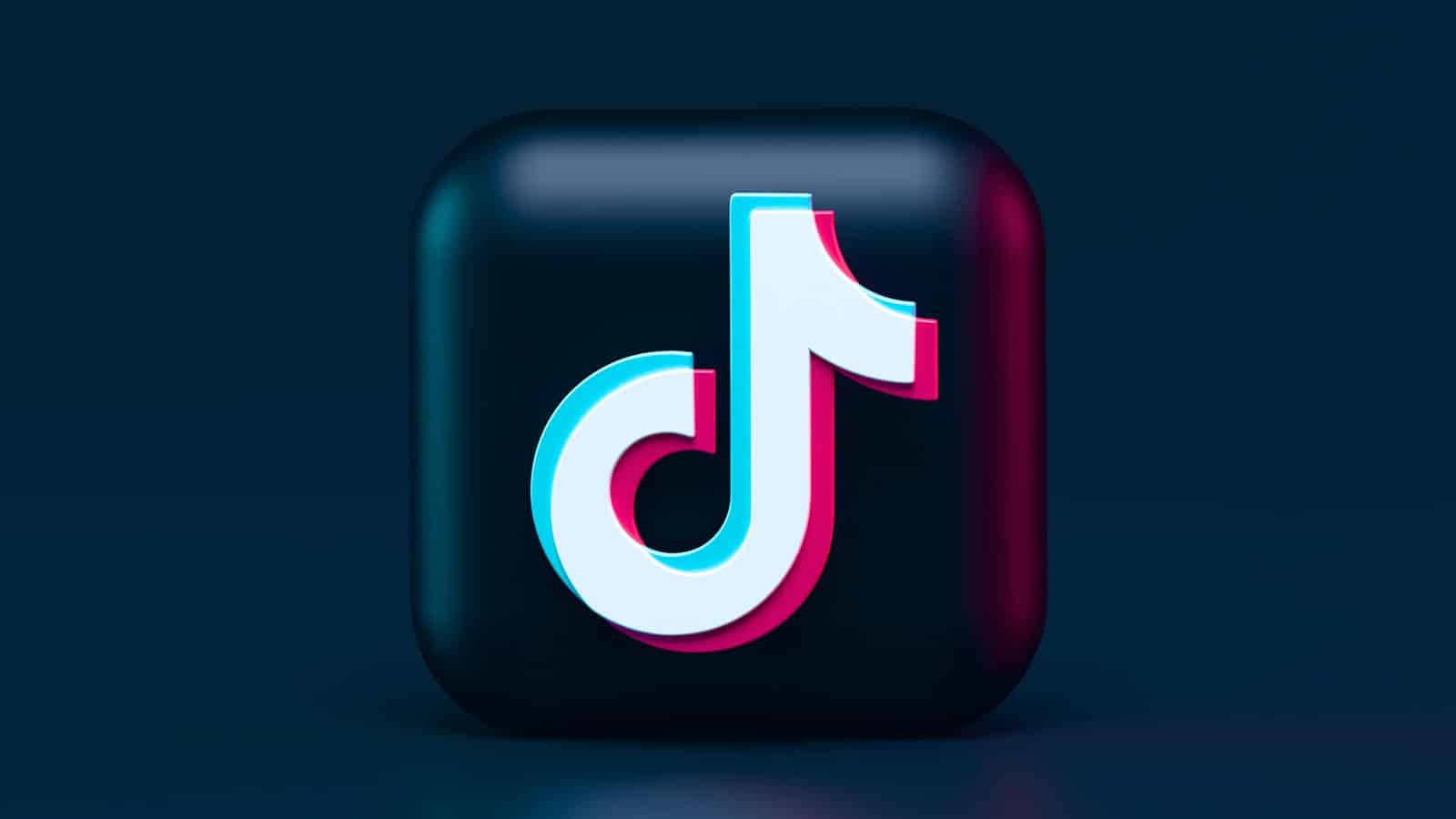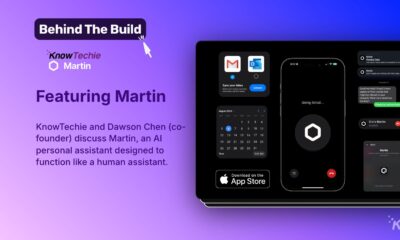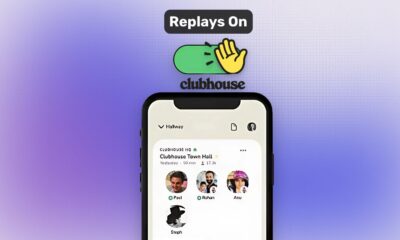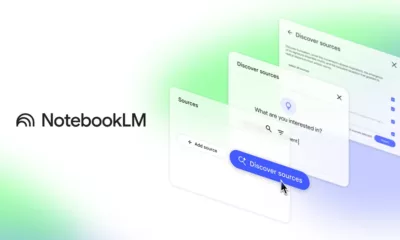Apps
One of TikTok’s greatest strengths – and its biggest weakness – is its secret algorithm
TikTok’s secret algorithm is its greatest strength – and could also be its undoing

Just a heads up, if you buy something through our links, we may get a small share of the sale. It’s one of the ways we keep the lights on here. Click here for more.
I have a ten-year-old niece named Divya (not her real name) in rural northern India. Two years ago, I visited and she came running to hug me. I asked what was the best gift I could give her, and all she wanted was for me to follow her on
Divya posts videos of her Bollywood dances and loves receiving likes for them. With around 10,000 followers, she already thinks she is a superstar. I didn’t have a
On seeing the news that Meta’s share price lost US$200 billion (£148 billion) in a day, and that Mark Zuckerberg was blaming
READ MORE: Does TikTok really know everything? Studies say, yes
But joking aside, after more than a decade in which Facebook (now rebranded as Meta) has seemed impregnable as the superpower in social media, with nearly 3 billion monthly active users, it suddenly looks possible that this may not continue forever.
TikTok has over 1 billion monthly users, and its user base has virtually doubled in the past year. As my niece Divya exemplifies, it’s heavily skewed to younger users, with under 19s making up 25% of the total, potentially giving it a major advantage for the future.
The average Facebook user is roughly a decade older. Even Instagram, Meta’s other huge social platform, with 2.1 billion users, has a slightly higher age range to
And although Instagram is adding comparable numbers of users, it is losing younger ones. So is
Facebook’s user problem
Strange to think that Facebook was once the Gucci of social media platforms. It was an exclusive club, with membership via invitation, for students of elite universities only. This helped to generate the buzz that carried it into the mainstream.
The platform exploited some of the basic principles of human psychology, not least that people feel connected to their friends when they feel close to them. Thus Facebook harnessed the power of pictures, along with other early options like the “poke” to make the whole interaction feel as tangible as possible.
READ MORE: 7 ways to avoid becoming a misinformation superspreader
Instagram was also built around pictures, but
After launching outside China in 2017, it also grew quickly because its technology seemed to understand users’ behaviour and preferences so well. Meta responded by launching the video-sharing service Instagram Reels in 2020, but this has not slowed down
For
The reverse has happened to Facebook, probably aggravated by its flawed privacy policies and the way it drives users to extreme content for profit – as highlighted by whistleblower Frances Haugen. It has just reported the first loss of daily users in its history.
What next?
Like other platforms,
But its biggest risk for the future is probably also its greatest success – a secret algorithm that understands the deepest intricacies of users’ behaviour without asking any personal information. It simply looks at the amount of time they spend on any video and uses this to drive more content towards them.
READ MORE: New TikTok hack reportedly exposes source code and user data
Yet this also gives
The same algorithm that can make a video viral by targeting a very specific cross-section of people can also, say, make young users more conscious of their body image by pushing them content that plays on these insecurities.
For similar reasons, I worry about Divya, who thinks that unless she gets ample likes for her
TikTok uses both human and algorithmic moderators to try and prevent harmful content from being spread by users.
Nonetheless, it has at times been banned in numerous countries over obscene or vulgar content, and is still banned in India (though many people manage to use it). It has also faced lawsuits over how it uses children’s data.
Clearly,
But if
It should therefore definitely find ways to protect user privacy more aggressively, and design even more sophisticated solutions for enhanced content filtering via advanced artificial intelligence. If
As for Meta, it could potentially buy
If his bet is right, one important question will be how digital avatars will socialise with each other. I’m pretty sure that at least as far as Divya is concerned, she would want to use
Meta might therefore want to think about how to incorporate
Editor’s Note: This article was written by Shweta Singh, Assistant Professor, Information Systems and Management at Warwick Business School, University of Warwick, and republished from The Conversation under a Creative Commons license. Read the original article.
Have any thoughts on this? Let us know down below in the comments or carry the discussion over to our Twitter or Facebook.
Editors’ Recommendations:
- Crypto theft is off the charts — how to protect yourself from getting scammed
- 5G puts airplanes at risk – this electrical engineer explains why
- In its fight against Russian hackers, the Biden administration is making progress
- Scammers are stealing checks from mailboxes and turning them into bitcoin – here’s how they do it































